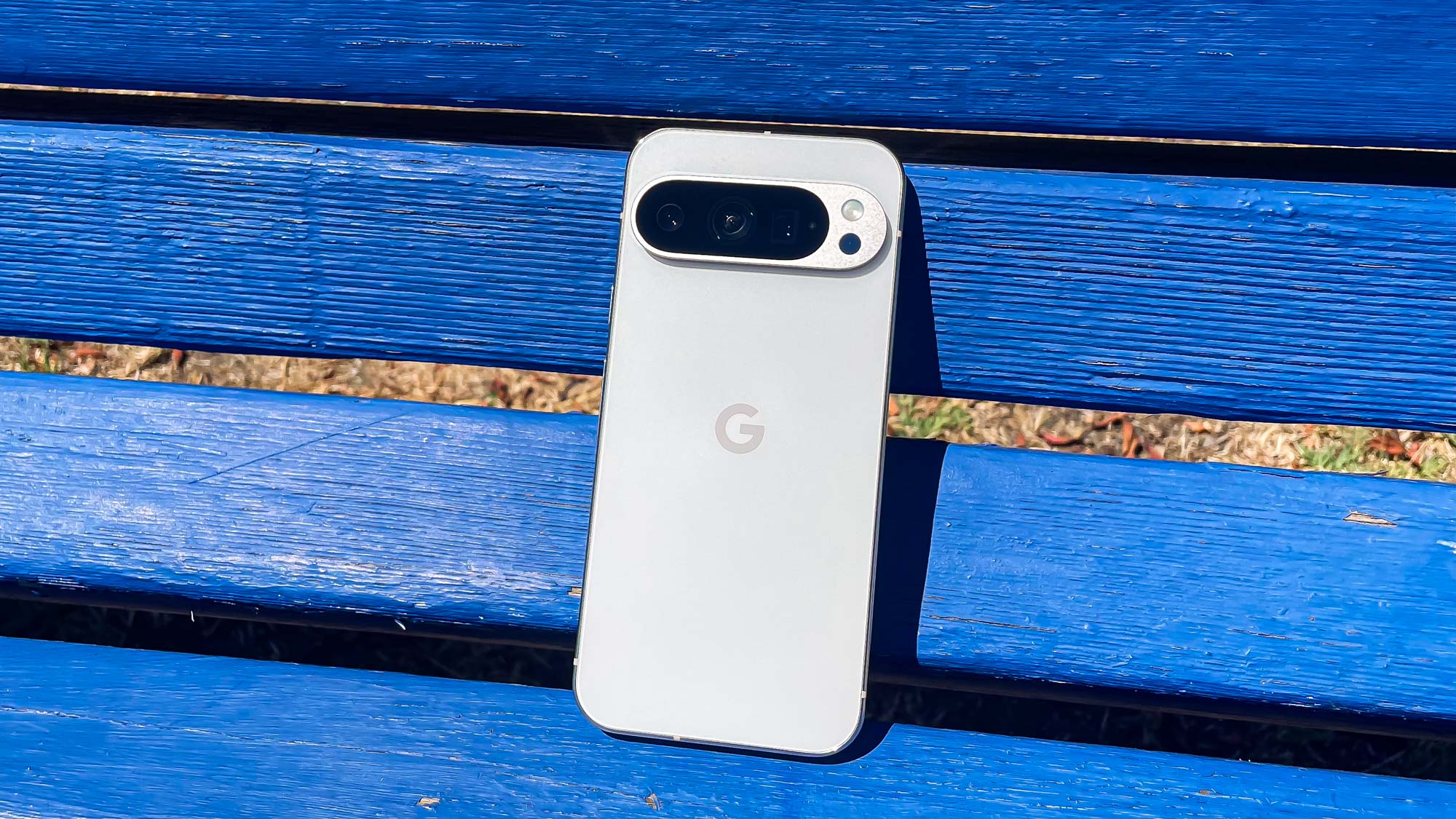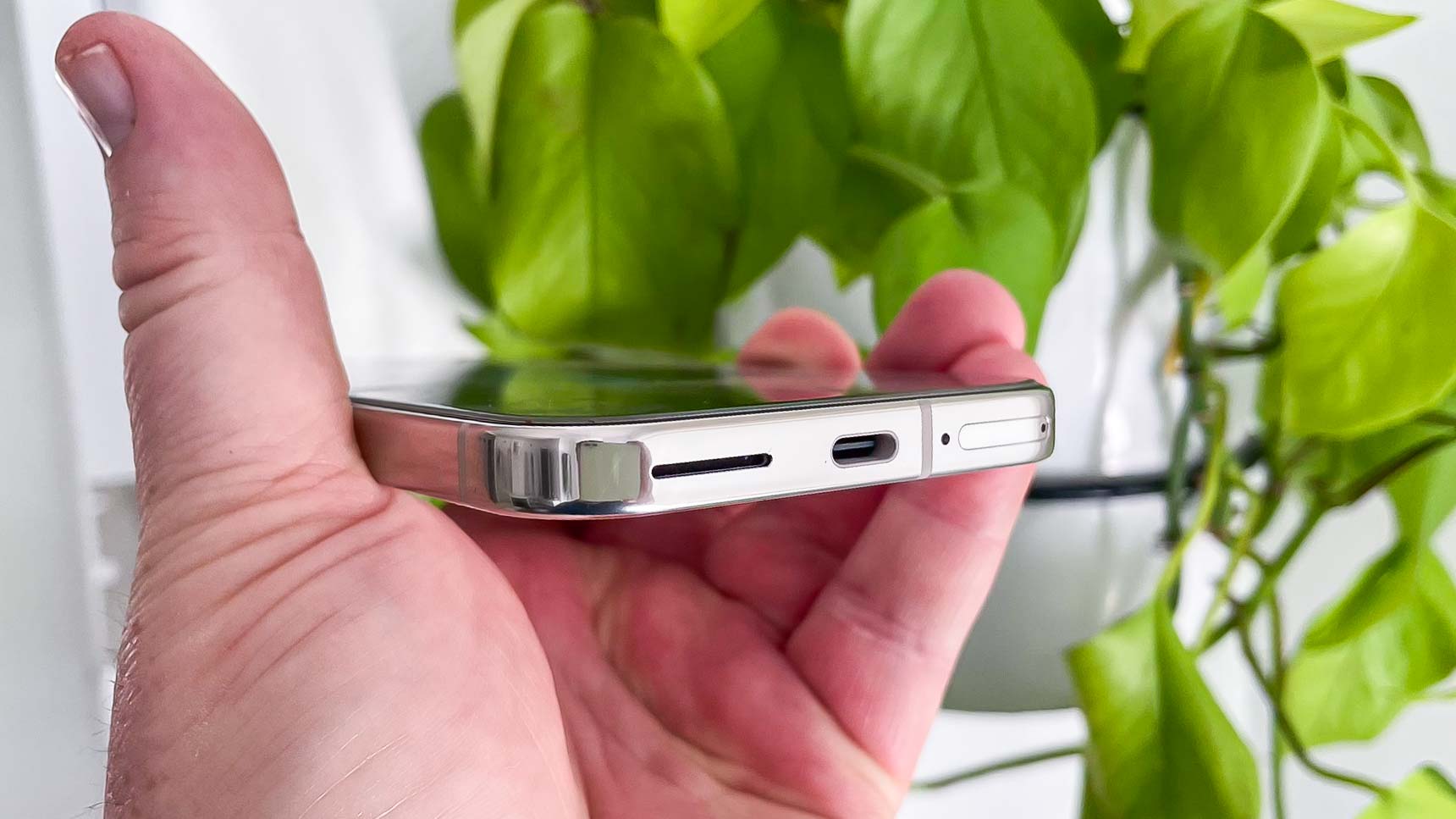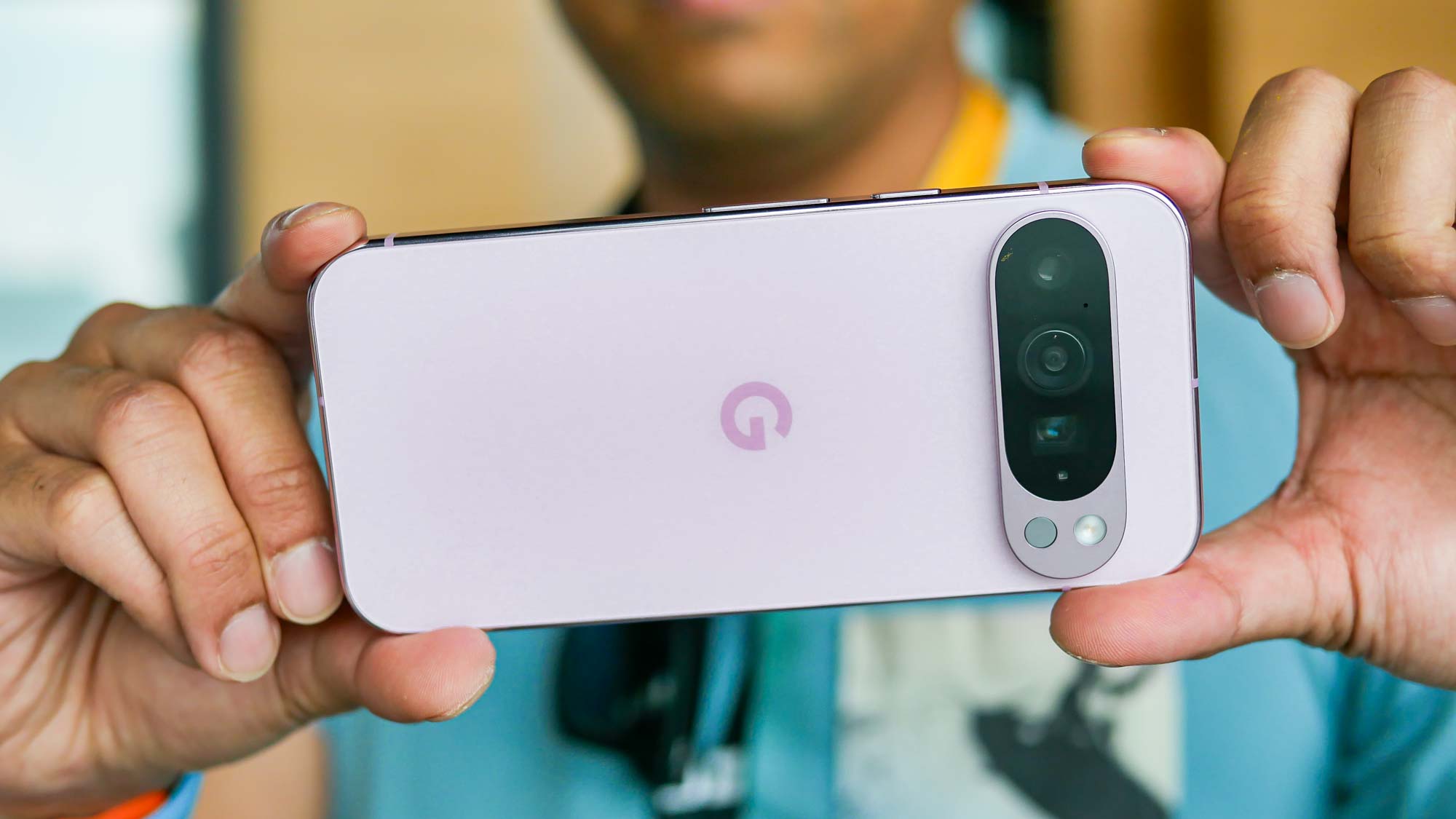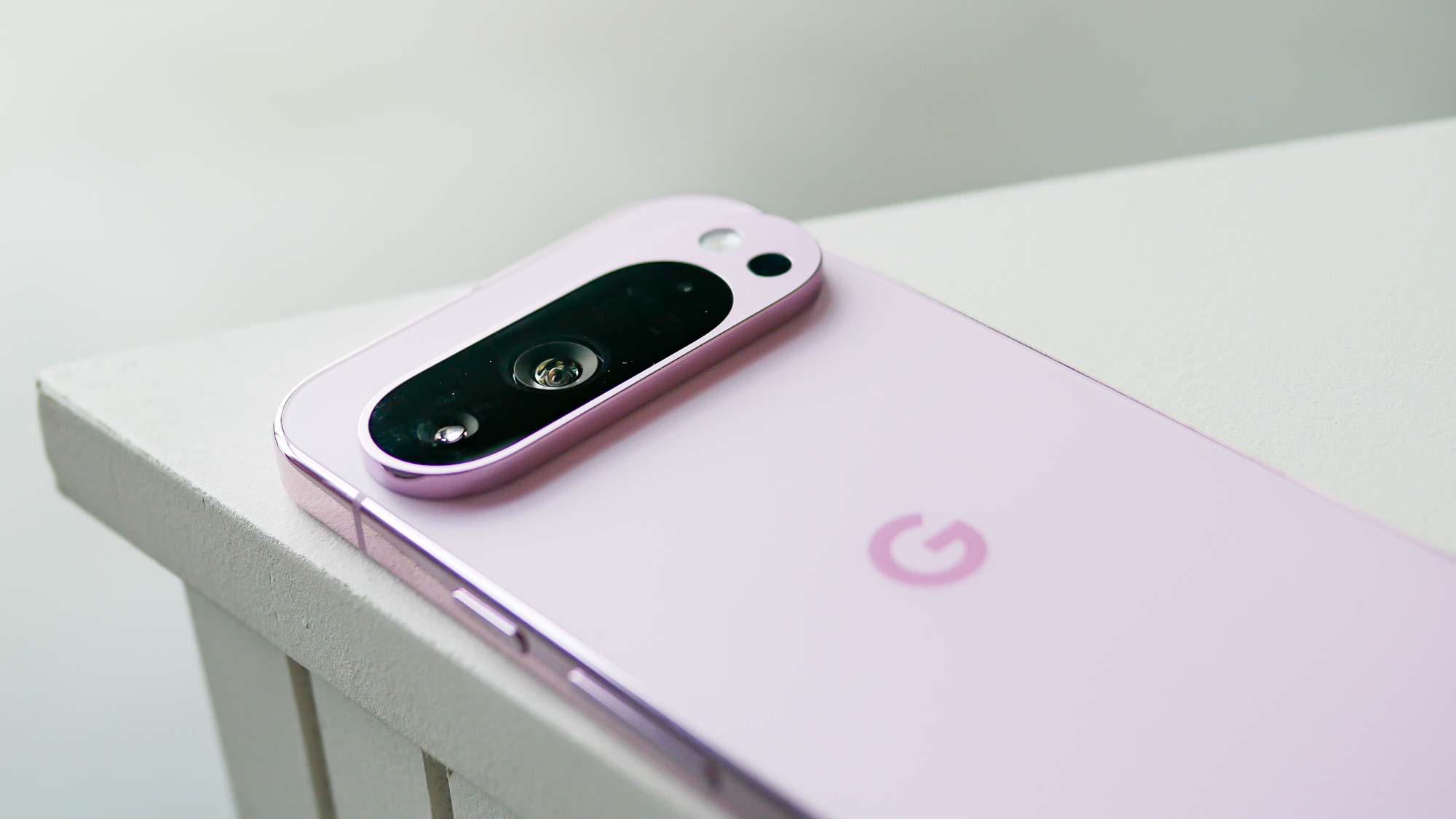
When it comes to phone battery life during my travels, I’ve always been a little paranoid about making sure I have a backup power source. You never know where or when you might be able to recharge your dying battery, and the last thing you need is to be stuck in an unfamiliar place with no way of figuring out where to go — or possessing the language skills to ask for help.
Perhaps I've been burned by a history of owning phones that weren't blessed with particularly good battery life — the kind of devices that struggled to last a full day at the best of times. Use those phones a lot, like navigating in a strange city or snapping a lot of vacation photos, and they would struggle to stay charge by early afternoon.
But on a recent vacation to Japan, this didn't happen at all. In fact I found that I rarely had to turn to the rather sizable collection of USB battery packs I had brought along with me
And that has to be down to the massive battery life improvements on the Google Pixel 9 Pro that accompanied me on the trip.
The importance of keeping phones charged

Some people might use their vacations to disconnect from everything and try to avoid using their phones. And that's great if you’re in the kind of place that caters to this sort of idea — you don’t have to go very far or rely on mobile apps to get around or communicate with the people around you. But in my experience, Japanese cities are not those kinds of places. So I found that my smartphone wasn’t just useful, it was absolutely essential.
Cities can be very confusing places, especially if you have no idea where you’re going or how the roads are laid out. Tokyo and Osaka —where I spent the bulk of my time — both tend to have grid-style road layouts, but even then it was very easy to get turned around and lose your sense of direction. It doesn’t help when you can’t read the street signs, and figure out if there’s any logic to the roads.
But those are two things my phone was able to help with — Google Maps to get around, Google Lens to translate signs and other written words, and Google Translate for those times where the few basic Japanese phrases I learned just didn’t cut it.
To be perfectly honest, while Japanese subway systems have a reputation for being some of the best public transportation in the world, the station design leaves a lot to be desired. If I didn’t have some kind of app to help me figure out which platform I need to be on and what exit I needed to take, I would have found myself lost considerably more often.
Naturally using your phone for so many basic things can take a toll on the battery. And after spending a ridiculous amount of money on plane tickets from London, I didn’t fancy spending time tethered to a public power outlet to keep my phone alive. Thus, the USB battery packs — I made sure I was prepared by packing three batteries of varying sizes for my and my girlfriend’s phones.
While I’m a big fan of overpacking and making sure I’m prepared, it turns out my battery stash was a little over the top. I barely used one of those batteries, only turning to the smallest of the three with just 10,000 mAh of power. To top it all off, the pack only needed a partial recharge once during the whole two-week trip.
The Pixel 9 Pro’s battery might be better than we all realized

Recent pixel phones have not been particularly strong in the battery life department, but the Pixel 9 series seems to have broken that curse. Our original testing shows that the Pixel 9 Pro averaged a time of 13.5 hours in our custom battery test, outlasting the Pixel 8 Pro by almost 5 hours. And the Pixel 9 Pro is much more compact than its super-sized predecessor!
The Pixel 9 Pro's time wasn't long enough to make our best phone battery life page, but it’s a phenomenal improvement that I’ve just been able to experience first-hand. It’s all well and good seeing those figures on the screen like that, but I certainly didn’t grasp just how much better the battery life was until I experienced it for myself.
For the most part, the Pixel 9 Pro was able to last throughout the day on my trip, even the days we spent at theme parks which are pretty app-heavy and have those long lines that require some phone-based entertainment to survive. I got back to my hotel on those days to find my phone with at least 10 to 15% battery life left.
Admittedly, it never took me long to plug my phone into a wall charger. Something about hiding battery saver mode tends to throw that panicky part of your brain into gear — even if 20% is still more than enough to last another few hours. But when the day is over, and adaptive charging is switched on, it doesn’t really matter when you plug your phone into the wall.
But the only times I ever really needed my USB battery pack were the days I was out all day long and had extended periods of downtime — where my only solace was mindlessly browsing Reddit. Or that day, I somehow forgot to charge my phone properly, and left my room with 60% battery life.
All this only clicked once I got back from my trip, especially after my Pixel 9 Pro managed to last a good 21 hours without coming close to running out of battery on the journey home. I wasn’t using it for much on the 14-hour flight, but I still made it through my front door with a good 50% charge still available. Then, in the process of unpacking all my things, I realized just how silly it was to have an extra 15,000 mAh and 20,000 mAh battery pack stashed away just in case.
Is this experience going to stop me from carrying around a space battery as a backup power plan? Probably not — there have been too many times in the past where I’ve been burned by poor battery life. Those habits don’t die easily, and it’s always better to be safe than sorry.
Then again, I might not go overboard, as I did with this trip, and will likely rely on a smaller (and lighter) battery pack going forward — unless something catastrophic happens to phone battery life in the coming years.
Bottom line

Phones are very useful devices to have, regardless of whether we’re on vacation or going about our ordinary daily routine. But they are only as useful as their battery life permits, which is why the recent trend of ever-increasing battery life is definitely a good thing.
The fact that the iPhone 16 Pro Max lasted more than 17.5 hours in our testing compared to the 11 hour and 54 minute battery life of the iPhone 11 Pro Max is a good example of just how much things have changed for the better.
It makes me wonder how long it’ll be before we get back to true multi-day phone battery life in premium phones. I still fondly remember the 2-dayish battery life on my Sony Xperia Z3; the faster we can get to that point, the sooner external battery packs might become completely obsolete.
That might take a while, though, especially since phones are starting to offer more and more intense features, like gaming and on-device AI processing. But the fact we have seen performance power rise while power requirements drop, battery lives are going to improve. And hey, if a Pixel phone can make an external battery pack feel almost obsolete, then things are definitely moving in the right direction.







